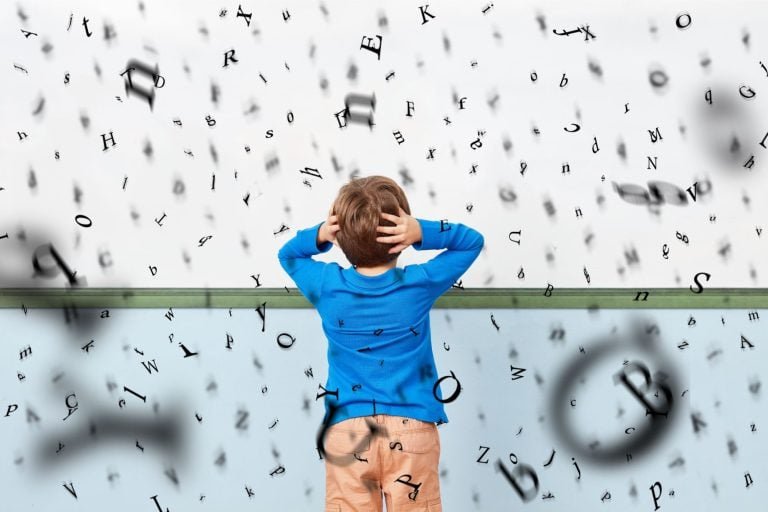A groundbreaking study from the University of Plymouth reveals that individuals with dyslexia and dyscalculia exhibit significantly less implicit bias than those without disabilities.
Key Findings:
- People with dyslexia show reduced implicit bias.
- Individuals with dyscalculia display even less bias.
- This reduced bias extends to race, gender, and disability.
Challenging Negative Perceptions
Researchers Dr. Gray Atherton and Dr. Liam Cross demonstrate that dyslexia and dyscalculia bring unique strengths, contradicting common negative views.
The Study:
Analyzing data from over 460,000 people, including 22,747 with physical disabilities, 14,700 with dyslexia, and 1,721 with dyscalculia.
Breaking Down Biases
Individuals with dyslexia and dyscalculia may not develop automatic biases due to difficulties with literacy and numeracy.
Expert Insights:
“Our study shows groups within society who may not develop these biases…not having these biases is a good thing.” – Dr. Liam Cross
“Our research reinforces the message that people with dyslexia and dyscalculia bring other strengths to society’s table.” – Dr. Gray Atherton
Reference:
Cross, L., Atherton, G., & Nicolson, R. I. (2024). People with dyslexia or dyscalculia are less biased. Neurodiversity. DOI: 10.1177/27546330241288164
Share Your Thoughts:
How can we harness the unique strengths of neurodiverse individuals to create a more inclusive society?

















